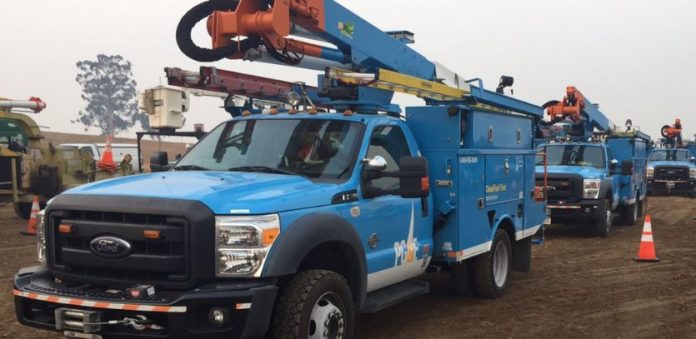Pacific Gas and Electric Company (PG&E) is asking California regulators to approve its proposal to increase rates for its residential customers in 2020.
The company is proposing a rate increase of 6.4 percent or $10.57 on the average monthly bill for a typical residential and gas customer. It includes $8.73 for electric and $1.84 for gas service.
In a statement, PG&E Senior Vice President of Energy Supply and Policy said the company “recognizes that any increase to a customer’s energy bill has a significant impact, and we are committed to keeping customer costs as low as possible, while ensuring we are meeting our responsibilities to safely serve our customers.”
PG&E’s proposed rate increase is part of its 2020 General Rate Case (GRC), a funding proposal for its core gas and electric operations. The GRC is subject to the approval of the California Public Utilities Commission (CPUC).
PG&E says its proposal will help boost wildfire prevention
The company intends to use more than 50 percent of its revenue from the rate hike to “help further reduce wildfire risk.” PG&E plans to do the following:
- Install stronger and more resilient poles and covered power lines across 2,000 miles of high fire-risk areas;
- Increase ongoing work to keep power lines clear of branches from an estimated 120 million trees with the potential to grow or fall into overhead power lines, including annual vegetation inspection of approximately 81,000 miles of high-voltage electric distribution lines;
- Implement SmartMeter™ technology to more quickly identify and respond to fallen power lines;
- Expand the network of weather stations to enhance weather forecasting and modeling by adding 1,300 new weather stations in high fire-risk areas by 2022; and
- Install nearly 600 new high-definition cameras in high fire-threat areas, increasing coverage across these areas to more than 90 percent.
“We understand and embrace our responsibility to safely provide electricity and gas to the communities we have the privilege to serve. As California experiences more frequent and intense wildfires and other extreme weather events, we must take necessary, bold and urgent steps to protect our customers. The prudent investments we are proposing will help build a safer and more resilient energy system for the future,” said Malnight,






